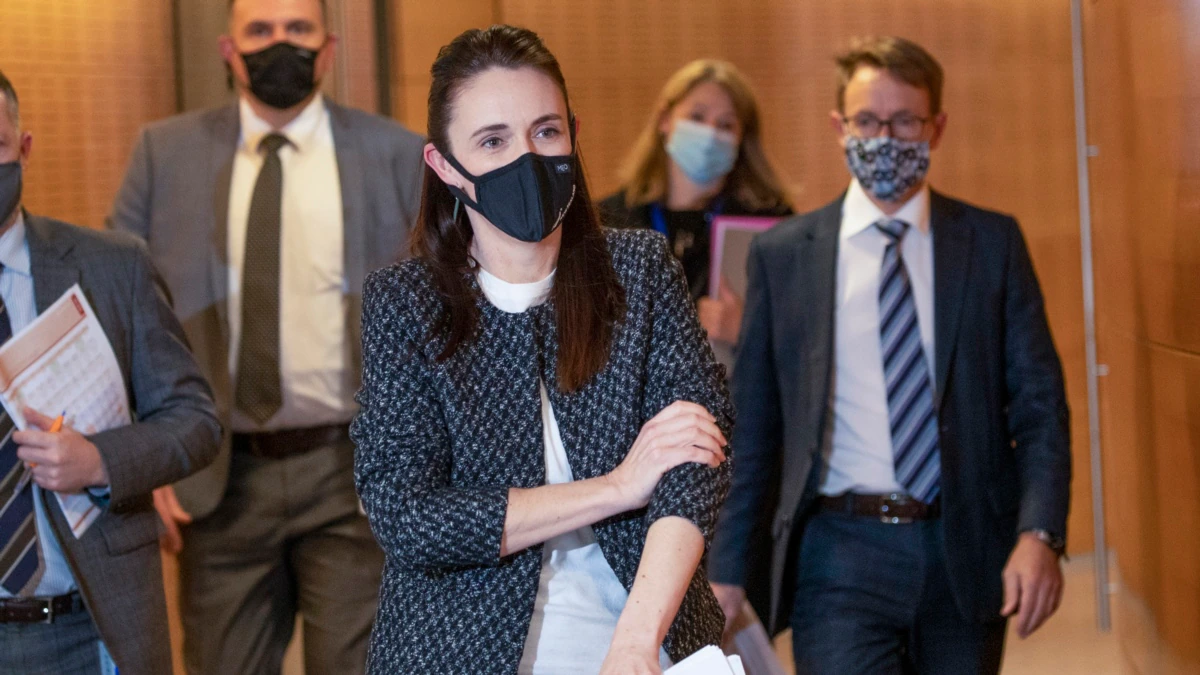
Medically assisted dying is now legal in New Zealand. The End of Life Choice Act has come into effect one year after almost two-thirds of New Zealanders voted in favor of it.
Supporters believe the assisted dying laws will give New Zealanders who are “suffering terribly at the end of their lives” choice, compassion and dignity.
To be eligible, a person must have a terminal illness that is likely to end their life within six months. They must also be able to make an informed decision.
The legislation came into force Sunday, a year after a binding referendum.
Brooke van Velden is the deputy leader of the small ACT New Zealand party, which promoted the voluntary euthanasia law.
She told Radio New Zealand the measures will benefit the South Pacific country of 5 million people.
“This weekend New Zealand became a kinder, more compassionate and humane society for allowing people who are struggling and suffering in those last few days with their terminal illness choice and compassion on how and when they go,” Velden said.
However, some critics insist that patients with chronic conditions might feel obliged to use euthanasia to avoid being a burden on their families.
They also believe that “inadequate palliative care services” need to be better resourced, so that terminally ill patients receive better care.
Some senior Church leaders have said that while they oppose the “deliberate taking of human life,” they would still offer care and advice to those who choose “assisted dying” under the new laws.
The government has appointed three experts, including a medical ethicist, to monitor the legislation. New Zealand’s Prime Minister Jacinda Ardern said she voted “yes” in the referendum last year on voluntary euthanasia and the legalization of recreational cannabis.
New Zealand joins a small group of countries, including the Netherlands and Canada, which allow euthanasia.













































